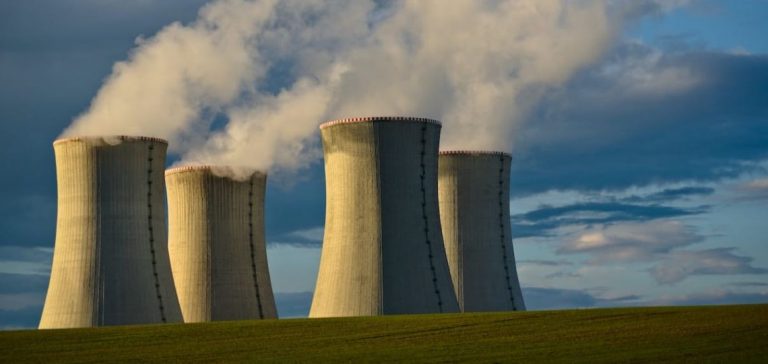The French government is seeking to balance its 2025 budget by imposing new taxes on electricity production plants while avoiding an increase in consumer electricity bills. This approach aims to engage energy producers without hindering the ongoing energy transition. However, this proposal raises concerns among major industry players, who fear repercussions on their future investments.
One of the options being considered is the “contribution on inframarginal rents” (Crim), aimed at power plants exceeding 260 megawatts, including nuclear, hydroelectric, wind, and gas facilities. This tax could primarily impact EDF (Électricité de France), due to its significant nuclear portfolio, with an estimated burden of €2.7 billion. Other major producers like Engie and TotalEnergies would also be affected, albeit to a lesser extent.
Reactions from Industry Stakeholders
Representatives from renewable energy sectors and other market players strongly oppose this measure, arguing that it could hinder the necessary investments for decarbonization and energy supply security. Mattias Vandelbulcke, Strategy Director at France Renouvelables, states that “taxing installed production capacities sends a negative signal” for ecological initiatives. Similarly, the Union Française de l’Électricité (UFE) shares these concerns, highlighting the risk of reduced incentives to invest in cleaner technologies.
Financial Impact on EDF
EDF, facing a debt of €54.2 billion, would see its cash flow further strained by this new tax. EDF CEO Luc Rémont warned that implementing the Crim could impede the group’s investment plans, including the nuclear revival program that plans to construct new EPR2 reactors. This situation might force EDF to consider unprecedented options, such as taking dividends from its profits, a first since 2016.
Government’s Stance
Agnès Pannier-Runacher, Minister of Ecology and Energy, opposes the Crim, stating that a tax on energy producers risks being directly passed on to French consumers’ bills. She emphasizes the importance of controlling energy price increases, especially as markets show signs of stabilization. Prime Minister Michel Barnier also indicated that the decline in inflation should translate into reduced costs for consumers without necessarily increasing taxes on energy producers.
Perspectives and Uncertainties
Since spring, discussions between the government and electricity sector players have taken place, but no official decision has been made. The Crim remains one of several options to achieve budgetary goals, but its adoption could have significant implications for the French energy sector. The debate continues as the government strives to find a balance between funding its projects and avoiding penalties on consumers and ecological initiatives.






















